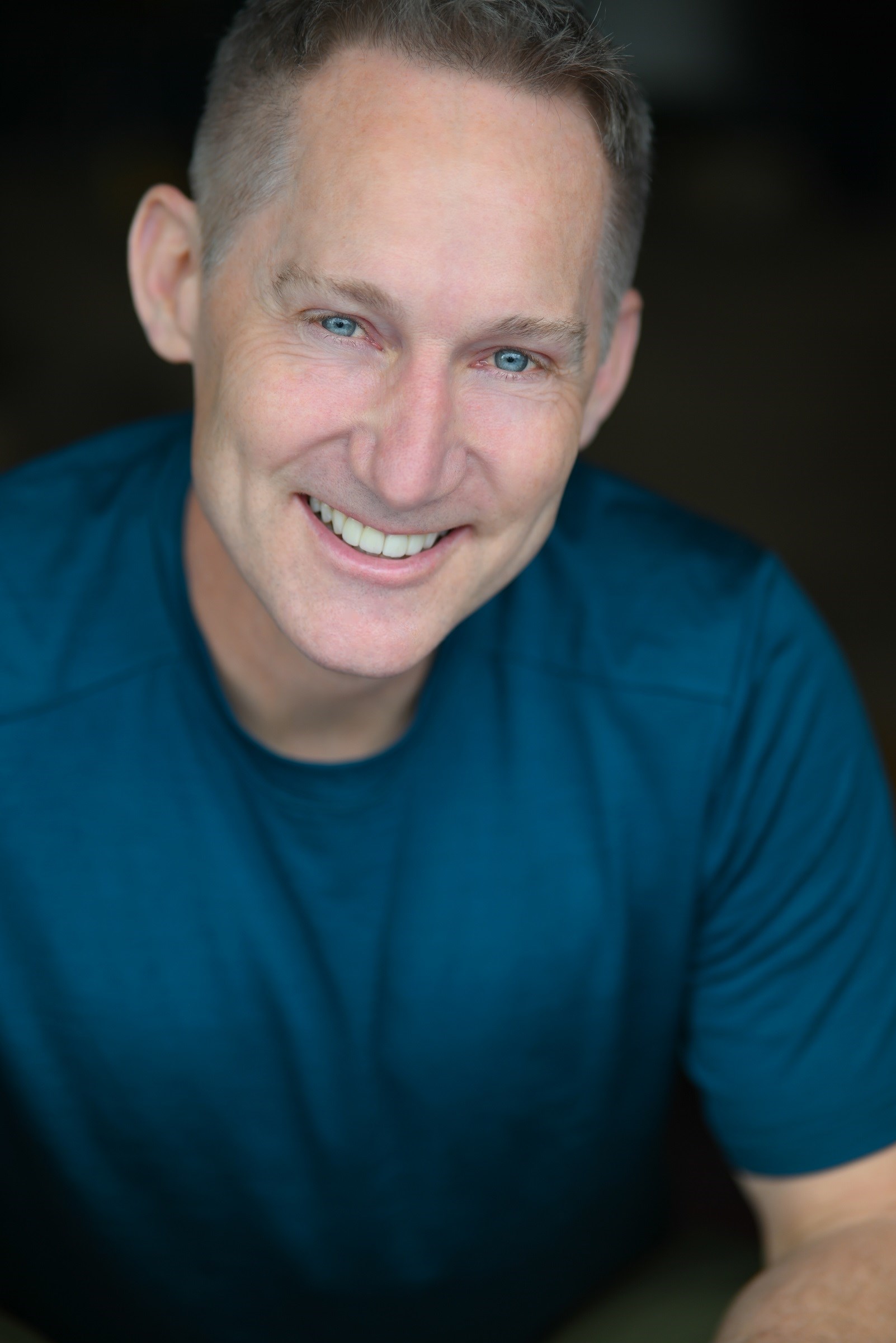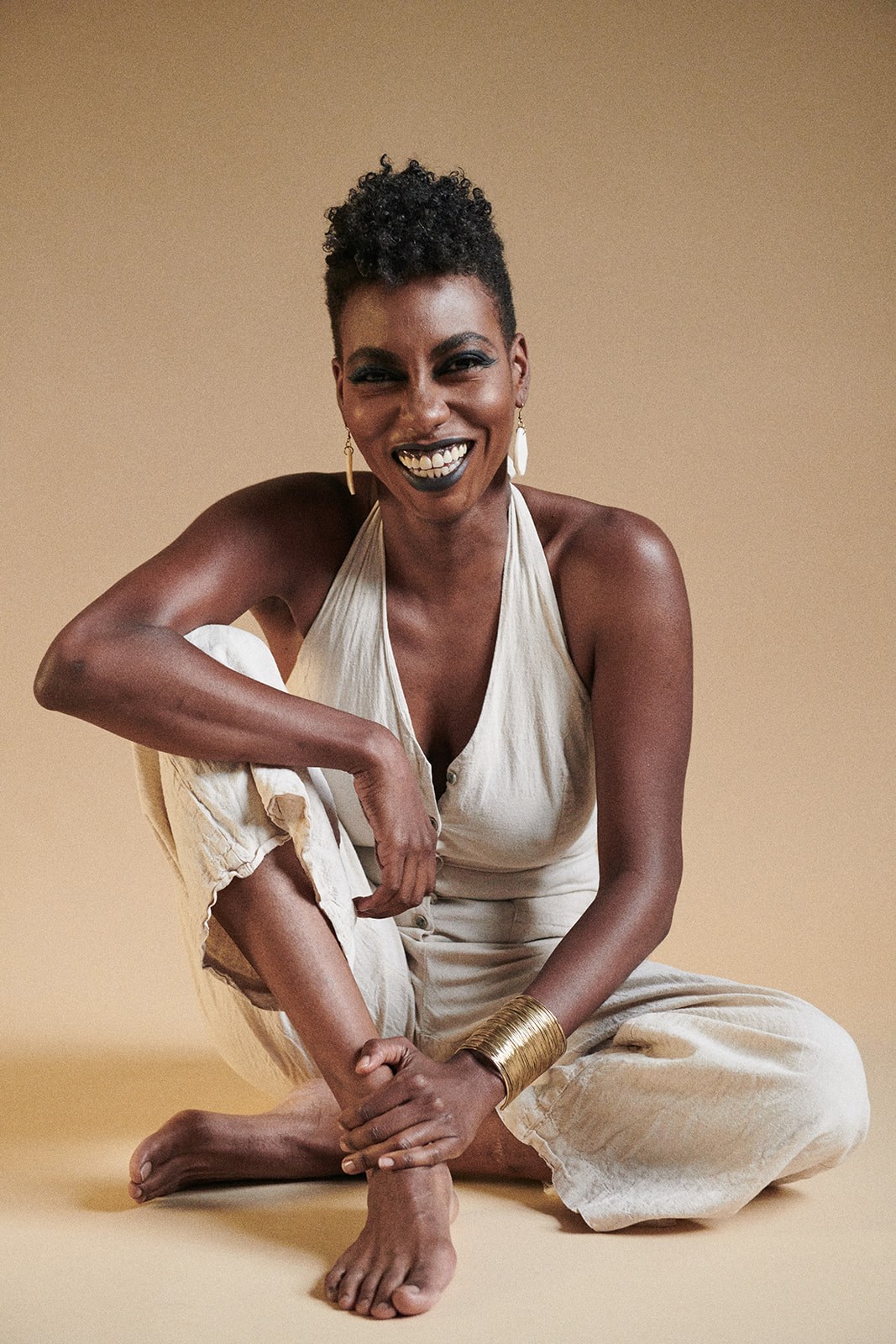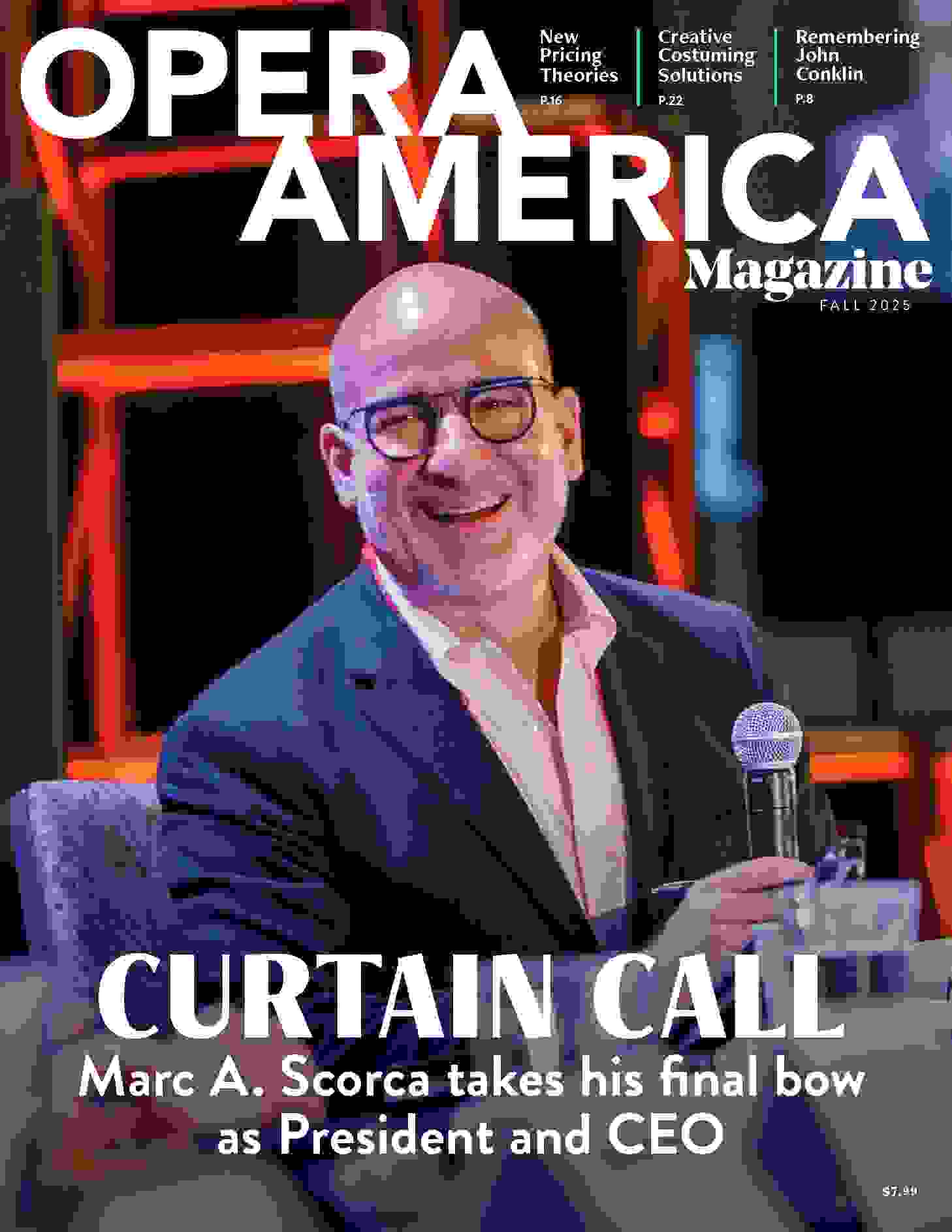The Art of Intimacy Directing
Intimacy directors Doug Scholz-Carlson and Rocío Mendez share tips and tricks for this profession and why it’s necessary in a post-#MeToo world.
Simulating graphic rape scenes and other intimate moments on operatic stages has always required delicacy. Now, there are professionals to help navigate such difficult sequences.
In the aftermath of Hollywood’s Harvey Weinstein scandal and the ensuing #MeToo movement, the performing arts world has cast a more introspective eye toward how it handles intimate scenes on camera and on stage. This soul searching has catalyzed a budding profession: intimacy directing, a position that liaises between directors and singers or actors to ensure that everyone is comfortable during physical scenes.
Major studios like HBO and Netflix have begun employing intimacy directors and coordinators in recent years, as have some leading theatrical companies. Now, opera companies around the country are increasingly hiring these trained professionals for productions and workshops as well. Recently, Opera America Magazine spoke with a pair of trained intimacy coordinators who have worked together at The Metropolitan Opera, Doug Scholz-Carson and Rocío Mendez, to discuss some of the specifics of the job.

Thank you both for speaking with us. There’s been a lot of chatter about intimacy directing in recent years, so let’s start with the big picture: What does an intimacy director actually do?
Doug Scholz-Carlson: Well, a big part of the intimacy director’s job is to be an advocate for the performers in the room, as there are a lot of power dynamics at play. Part of our work hinges on the idea that people should have the right to consent to what they’re going to do onstage. Opera has this “yes, and” culture, and you want to be the person saying yes. It’s still a freelance career, where singers want to get the next job. And if a famous singer or director is asking you to do something, you don’t want to be the person to stick out saying no.
We’re watching for anything in the room that would make it difficult for people to express their boundaries and say no. You sort of have to be aware of and have techniques and ways of working around those moments — having your boundaries respected should be a part of any job.
Rocío Mendez: Right, exactly. I’m there to observe and get to know the singers and, if something comes up and they’re uncomfortable, I’m going to be the person who says, “Hey, let’s talk about this.”
When should companies consider hiring an intimacy director?
RM: An intimacy director can be helpful with productions that have intense physical contact or nudity. Of course, if there’s any type of simulated sex or intimacy, especially sexual assault. Even kissing scenes — we have some really great ways to work around it, some people just don’t want to be kissed! That’s where we come in. We would map it out and lock in the intensity and duration.

How does that work on a practical level?
DSC: In an ideal world, our work starts before rehearsals begin. I worked with Minnesota Opera on the opera Flight, which has some pretty graphic sexual content. There’s a somewhat comedic scene between two of the people who work at an airport. Then there’s, you know, two of the other characters have a pretty extended homosexual encounter. That was a production where the director, David Radamés Toro, and I were working hand in hand. He explained the story he was trying to tell with those scenes, and I suggested specific choreography. Then, we presented some options to the singers before they arrived. Once the singers are in the room, it can be really hard for them to say “no” to things.
Are most directors open to this sort of collaboration?
RM: Often yes, but that’s still the biggest challenge — getting the directors accustomed to our work and how we can work together. Sometimes ego gets in the way of the work. It can be a real challenge for some directors to accept us in the room and understand how to utilize us and see the value in what we bring into the room.
How is intimacy directing in opera different from working in TV and film and theater?
DSC: One of the biggest tools we have for communicating intimacy is breath. In the theater and on film, you’re very often talking about how people are breathing, because the way in which you breathe can convey sexual energy. In the opera world, the breath is taken care of by the singing, so that is really off the table as a tool. On the upside, often the music is already written in a way that has singers breathing the way you would want them to breathe.
Also, the rehearsal timetable is generally faster. In opera, we block rather long and extensive scenes. In theater, there tends to be very specific blocking. So when you’re trying to go in depth into a specific moment and do really, really specific blocking, that can be a challenge used to working that way. It feels very, very similar to fight choreography. Singers aren’t all used to remembering all of this sort of specific movement and repeating it. They’re not used to having as much specific attention paid moment by moment to the movement as they would normally pay to the music.
How does one get started in intimacy direction?
DSC: My background is actually as an actor, and I’ve sung with Minnesota Opera. I’ve also been a flight choreographer for 25 years now. That led to directing, which led me to intimacy directing. Twenty years ago in the opera world, fight choreographers were not as common, either.
RM: I was kind of a jack of all trades when I was younger. I studied karate and kung fu and a little bit of Taekwondo — for the last 18 years I’ve been practicing Muay Thai. That background led me to fight directing as well. Then, a few years ago at a university, I was asked to do a play with a sexual assault. I attended an intimacy workshop and it snowballed from there. Three years later, I became a certified intimacy director.
You have to be certified?
RM: It can take up to a couple years to get fully certified, yes.
DSC: Right, there are four different levels, and there are five organizations that are approved by SAG-AFTRA to do the training. We’re still at fewer than a hundred certified people nationwide. And in terms of opera, specifically, I’d be surprised if there’s even a dozen people.
Is demand increasing?
DSC: Yes, absolutely! I started intimacy directing at Minnesota Opera. I’ve also done productions for San Diego Opera, El Paso Opera, and OPERA San Antonio. I know Austin Opera has hired intimacy directors. Also Boston Lyric Opera, Opera Colorado, Los Angeles Opera, and Washington National Opera. It’s growing at all different levels of the industry right now.
This article was published in the Winter 2023 issue of Opera America Magazine.





